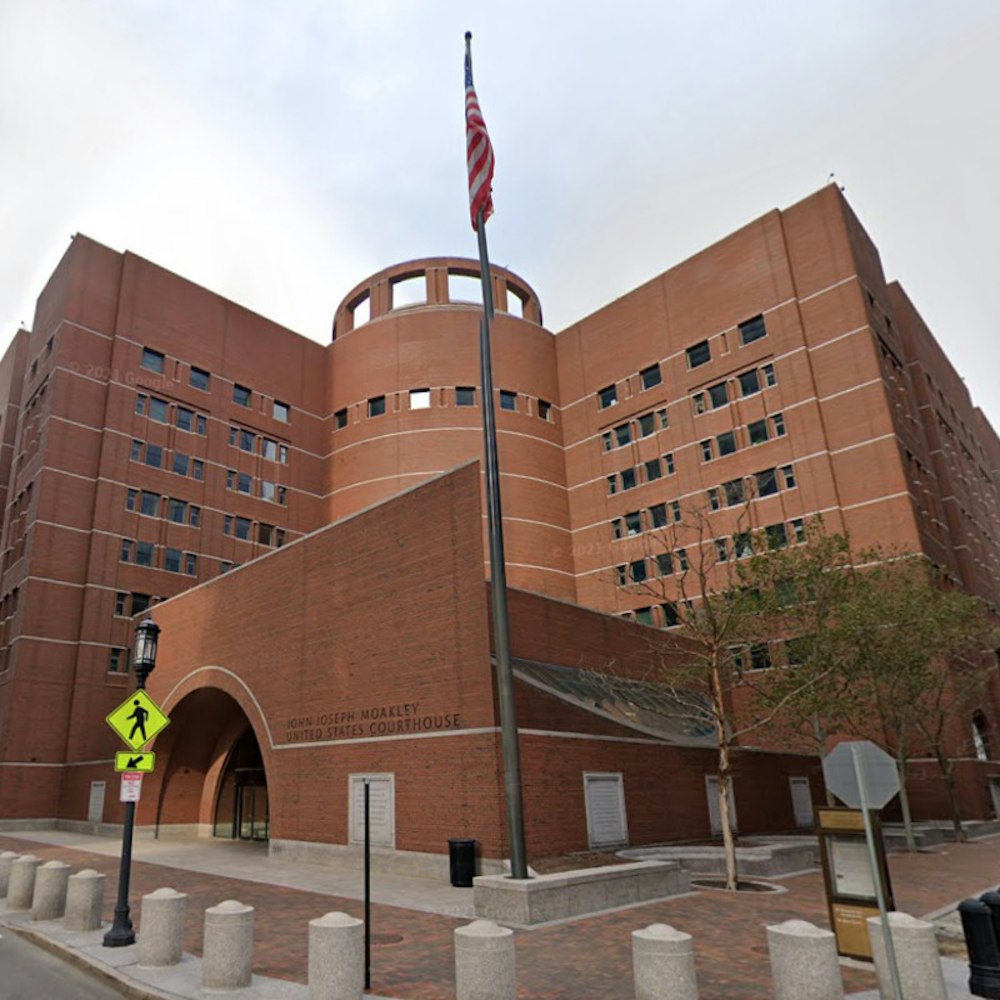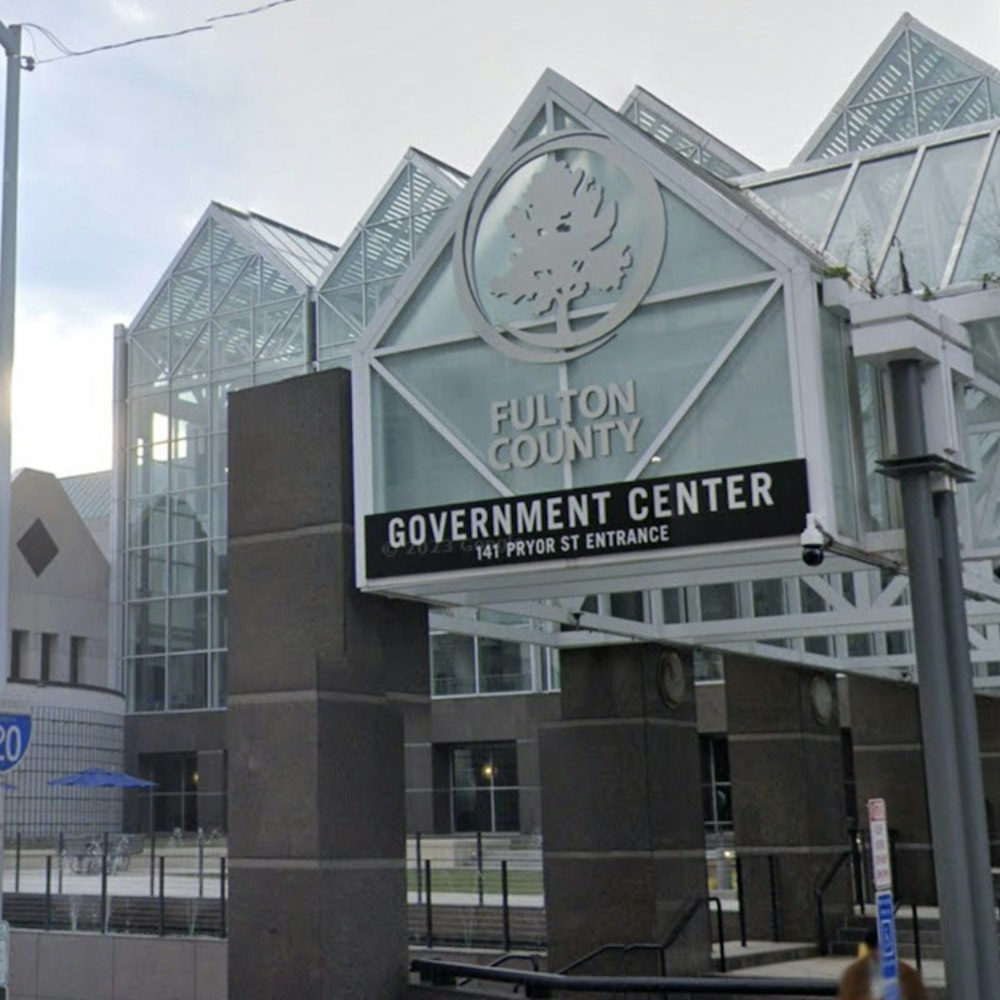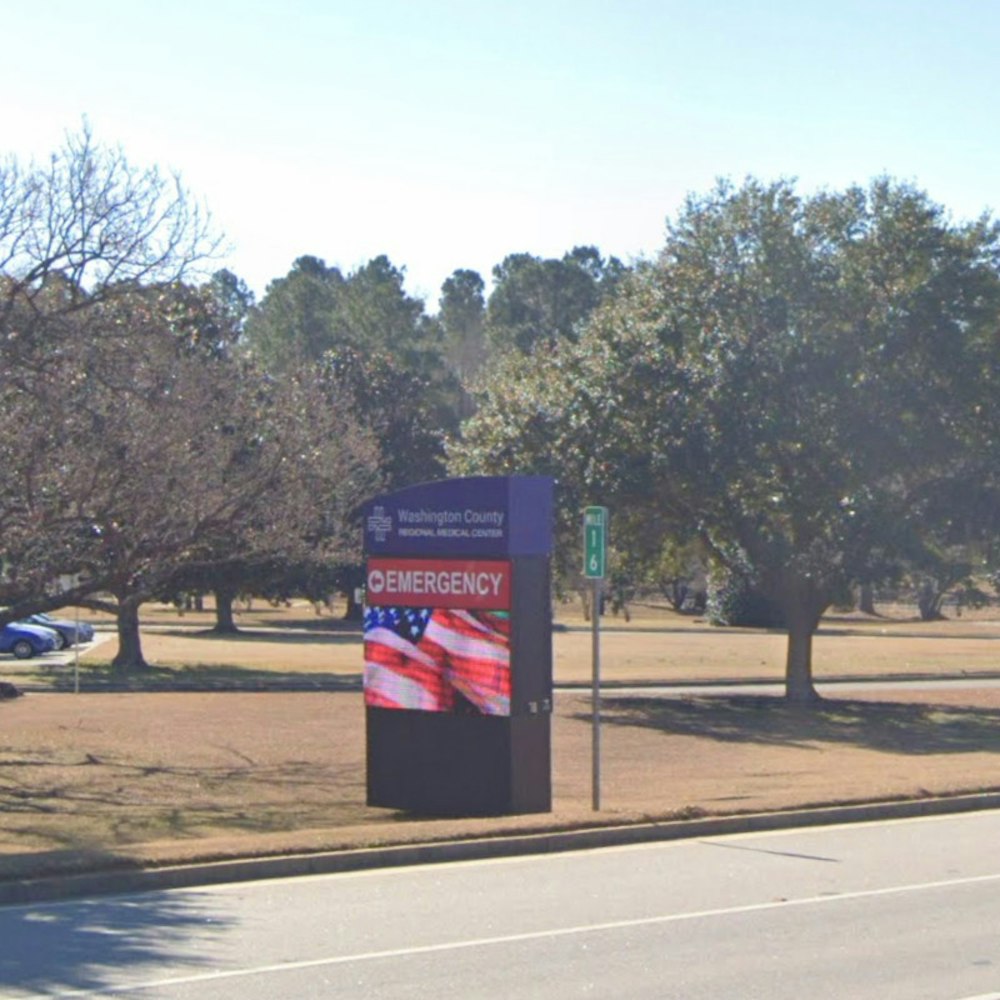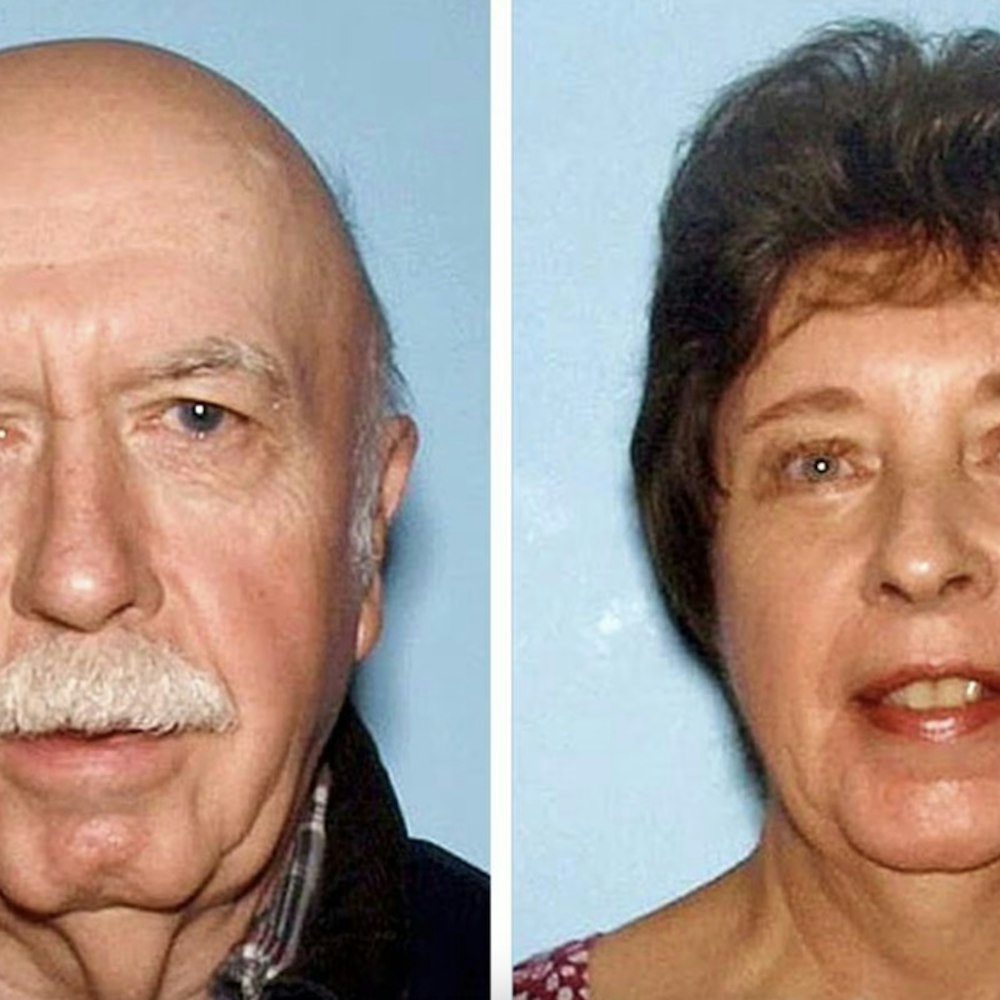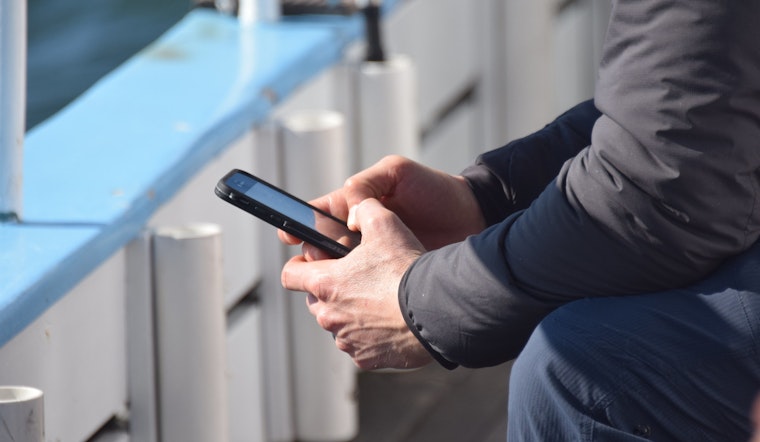
San Francisco mental health hotline workers say they're seeing an increase in calls as the city remains under lockdown during the shelter-in-place order, and the hotlines are seeking volunteers and funding to expand their services.
According to Mark Salazar, executive director of Mental Health Association of San Francisco, there's been "a significant increase in calls and chats” on its California Peer-Run Warm Line, with about a third of the conversations with peer counselors involving COVID-19.
"We are seeing many new callers who have never reached out to a service like ours before, and many regular callers who are calling far more frequently than they were before," Salazar said.
Some callers are worried about getting the virus, or are suffering anxiety related to job and income loss, and lack of access to services like regular support groups and health care. Others are simply seeking assistance developing coping skills for this challenging, isolating time, he said.
Demand is especially high, because MHASF is currently working to transition all of its in-person support groups to the digital sphere. The San Francisco branch of the National Alliance on Mental Illness is hoping to do the same, but in the meantime, it's had to direct clients to the Warm Line.
San Francisco Suicide Prevention's crisis line has seen some spikes in the evening hours, but expects to get busier in the next few weeks as people in isolation during the shelter-in-place get increasingly lonely, worried, and anxious, executive director Van Hedwall said.
The crisis line, which has operated 24/7 since 1962, is currently seeing around 100-200 calls per week about the pandemic, Hedwall said.
SFSP's volunteers and staff are currently not able to work remotely, but are considered an essential service, so operations have continued as usual, Hedwall said. He said the organization is anticipating a major donation from a major telecom company, and hopes to transition to remote operations in the next week or two. Its weekly grief group is already running remotely, he said.
In response to the increased call traffic, the hotlines are trying to staff up, and solicit donations to pay existing workers and support their transition to remote services.
MHASF is currently hiring more part-time peer counselors for paid shifts on the warm line. No academic qualifications are needed — just experience with mental health issues, and a willingness to listen and communicate. Spanish-speakers are in particular demand.
The San Francisco Night Ministry is also seeking new volunteers to answer its Care Line, a free phone counseling service usually open nightly from 10 p.m. to 2 a.m.
To anticipate the full extent of the crisis and support those in need, the Night Ministry has expanded the care line by four hours, to 8 p.m. to 4 a.m. daily.
Only a few callers are specifically calling out COVID-19 in their interactions on the Care Line currently, with concerns about increased isolation, concerns about becoming ill, inability to stockpile supplies, and other related issues, according to executive director Reverend Trent Thornley.
The ministry hopes those in need can be made more aware of the Care Line's extended services through word of mouth, and an upcoming social media campaign.
In the meantime, the night ministers are still walking the streets of downtown San Francisco each evening, just as they have for 55 years. Only those that feel healthy and comfortable in the current circumstances are doing the rounds, with strict distancing protocols and N95 masks and gloves for each minister. Ministers are distributing hand sanitizer, and offering information on where to find hand-washing stations and meals.
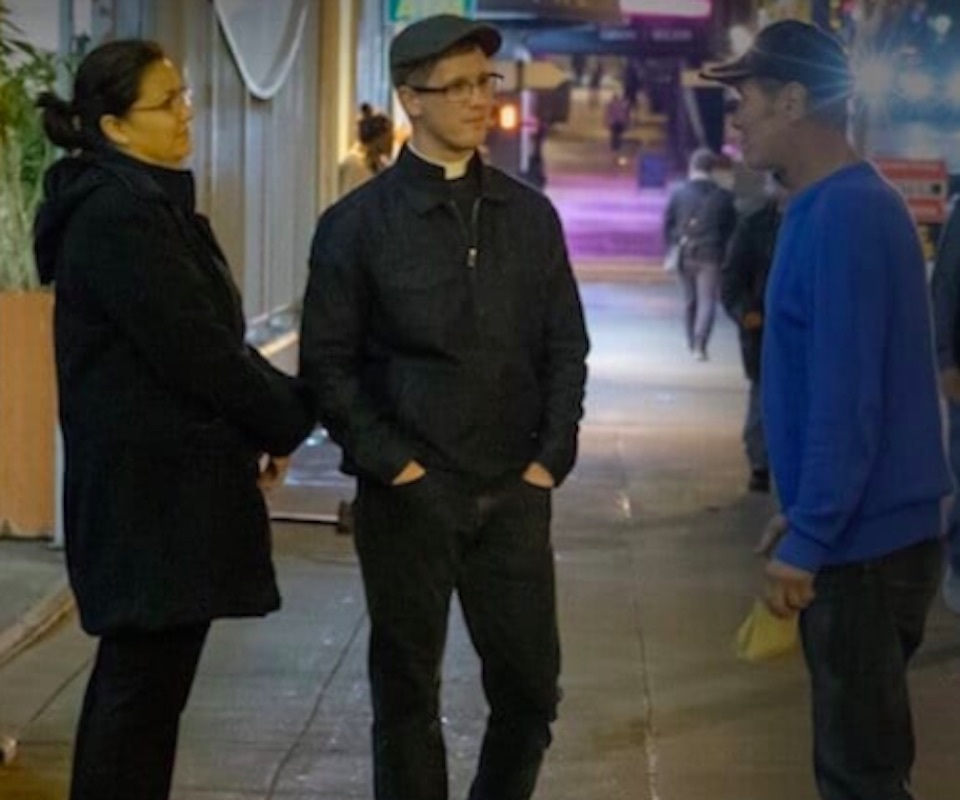
The services are all seeking volunteers to help serve San Franciscans during the difficult time.
MHASF is seeking volunteers with expertise in remote and virtual outreach and recruitment efforts, or graphic designers with some hours to spare to support its outreach efforts.
Salazar said if anyone is able to contribute funds to help purchase technology items for the association's suddenly remote staff, “we would love to hear from them.”
SFSP had to cancel its annual Laughs For Life gala, which typically brings in nearly half of the organization's regular funding, Hedwall said. To recoup some of that lost funding, it is soliciting donations through its website.
In the meantime, SFSP is still planning to bring on new volunteers through two cohorts this spring. They're especially seeking older folks and college students that have more flexible daytime hours, because the midday shifts are harder to fill, Hedwall said.
The Night Ministry, which is nondenominational and open to the non-religious, plans to host two 90-minute training sessions for new volunteers via Zoom.
New volunteers will first listen in on experienced counselors on their phone shifts, and have veteran counselors support them on their initial shifts. Interested volunteers can contact the Night Ministry.
It's also seeking money to keep its ministers equipped with protective equipment and hand sanitizer, and to help transition some of its other programs to virtual experiences.
On April 22, it plans to host a Zoom-a-Thon, “a contemporary version of an old-fashioned telethon," live-streamed on Facebook. Spiritual leaders, night ministers, church choirs, musicians, artists, and others interested in participating should email Rev. Trent Thornley at [email protected].


